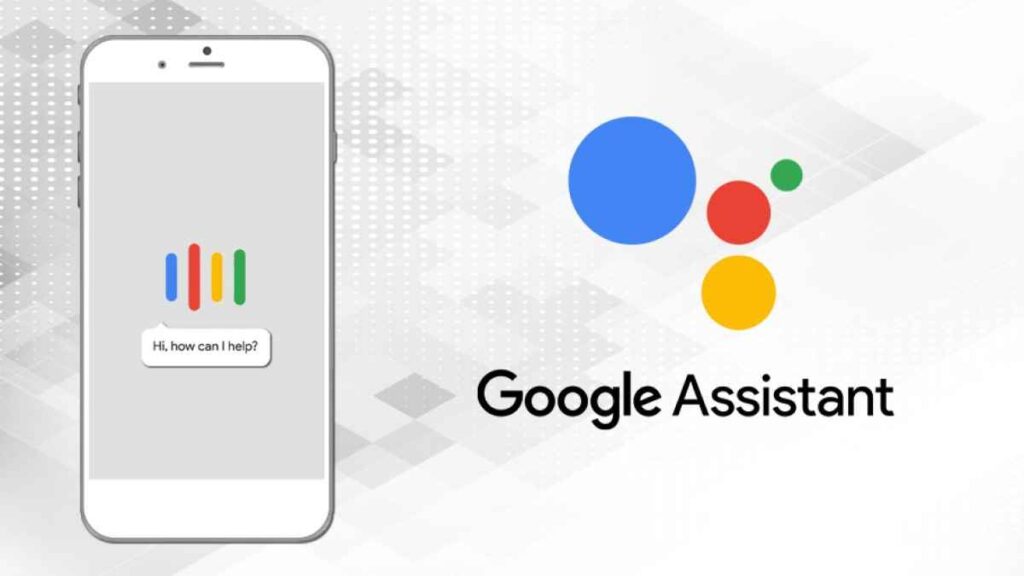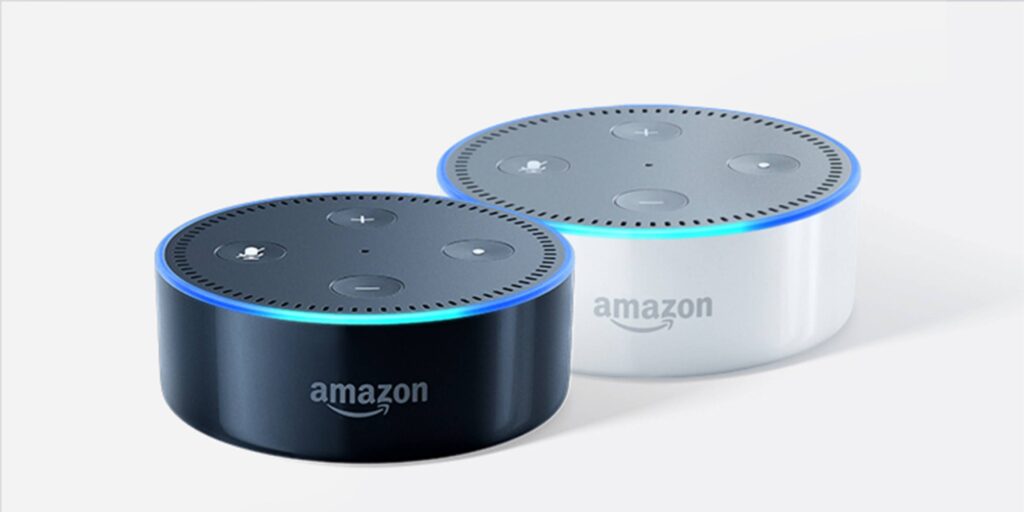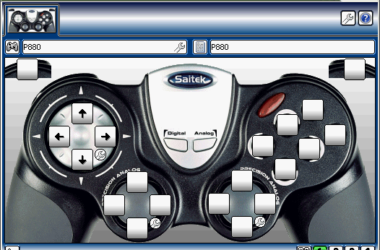Welcome to our comprehensive guide on Alexa alternatives – the next generation of voice assistants that are set to revolutionize the way we interact with technology. In this article, we will explore the most promising voice assistants that challenge the dominance of Amazon’s Alexa and offer unique features to enhance user experiences.
Voice assistants have rapidly become an integral part of our lives, providing us with an easy and efficient way to interact with our devices. While Amazon’s Alexa has been a dominant force in the market, several other contenders are making significant strides in this field. From Google Assistant’s powerful AI to Siri’s seamless ecosystem integration and Cortana’s productivity-oriented approach, these alternatives promise to elevate our voice assistant experience.
Table of Contents
- The Voice Assistant Landscape Today
- Google Assistant: A Worthy Contender
- Apple’s Siri: Seamless Ecosystem Integration
- Microsoft’s Cortana: Bridging Productivity and Entertainment
- Key Features of Alexa Alternatives
- Personalization with Google Assistant
- Siri’s Ecosystem Synergy
- Cortana’s Cross-Platform Support
- Voice Assistant Customization
- Voice Assistant Use Cases
- Smart Home Control
- Productivity and Reminders
- Entertainment and Fun
- Language Translation and Learning
- The Future of Voice Assistants
- Enhanced Context Awareness
- Deeper Personalization
- Integration with Emerging Technologies
- Conclusion
1. The Voice Assistant Landscape Today

As the demand for voice assistants continues to grow, the market has seen the emergence of several innovative players. Let’s take a closer look at the top three Alexa alternatives:
1.1. Google Assistant: A Worthy Contender
Google Assistant has established itself as one of the most robust and versatile voice assistants available. Powered by Google’s advanced AI capabilities, it excels in understanding natural language, making conversations with it feel incredibly intuitive and human-like. The vast knowledge graph and access to Google’s services allow Google Assistant to provide accurate and comprehensive answers to a wide range of questions.
Moreover, Google Assistant’s ability to personalize user interactions sets it apart from its competitors. Through continuous learning and data analysis, it tailors responses based on individual preferences, creating a more engaging and relevant experience for each user. Whether you’re asking about the weather, seeking restaurant recommendations, or trying to solve a complex math problem, Google Assistant is at your service.
1.2. Apple’s Siri: Seamless Ecosystem Integration
Siri has been a trailblazer in the voice assistant landscape since its introduction with the iPhone 4S. Integrated deeply into iOS devices, Siri has evolved over the years to become a versatile and reliable companion for Apple users. Its context-awareness allows for personalized responses, and its voice recognition capabilities have improved significantly, reducing errors and increasing accuracy.
One of Siri’s key strengths lies in its seamless ecosystem integration within the Apple ecosystem. From your iPhone to your iPad, Mac, Apple Watch, and HomePod, Siri effortlessly synchronizes tasks across all your Apple devices. This cohesive experience makes Siri an indispensable tool for users deeply invested in Apple’s ecosystem.
1.3. Microsoft’s Cortana: Bridging Productivity and Entertainment
Cortana, Microsoft’s voice assistant, boasts a unique blend of productivity and entertainment features. While it integrates smoothly with Windows devices, it also extends its reach to other platforms, making it a versatile choice for users who work with diverse technology setups. Cortana is not only capable of responding to voice commands but also understands typed queries, providing a flexible user experience.
One of Cortana’s standout features is its productivity-oriented capabilities. Busy professionals can rely on Cortana to set reminders, schedule meetings, manage calendars, and even draft emails using voice commands. It acts as a virtual assistant, streamlining daily tasks and enhancing efficiency.
Additionally, Cortana doesn’t shy away from entertaining users. It can tell jokes, engage in witty banter, and even recommend movies or music for a dose of leisure and amusement.
2. Key Features of Alexa Alternatives

While these voice assistants share some similarities, each alternative possesses distinctive features that cater to different user preferences and needs. Let’s explore the key features that set them apart:
2.1. Personalization with Google Assistant
As mentioned earlier, Google Assistant shines when it comes to personalization. By analyzing a user’s search history, location data, and past interactions, Google Assistant tailors responses to be contextually relevant and personalized. This level of customization enhances the user experience, making interactions feel more natural and conversational.
Beyond personalization, Google Assistant’s proficiency in understanding follow-up questions allows for more complex conversations. Users can ask follow-up queries without repeating the context, which contributes to a seamless and fluid conversation with the voice assistant.
2.2. Siri’s Ecosystem Synergy
For Apple enthusiasts, Siri remains an unbeatable choice due to its tight integration within the Apple ecosystem. Siri seamlessly syncs tasks and data across all Apple devices, creating a cohesive user experience. Whether it’s sending a text message from your iPhone, checking your calendar on your Mac, or controlling your smart home devices with your HomePod, Siri effortlessly bridges the gap between devices.
Furthermore, Siri’s ability to learn from users’ habits and preferences ensures that it can provide personalized recommendations and suggestions, adapting to each user’s unique needs.
2.3. Cortana’s Cross-Platform Support
Unlike its competitors, Cortana takes a more platform-agnostic approach. Microsoft has developed dedicated apps for Android and iOS, allowing users to access Cortana on their preferred mobile devices. This cross-platform support makes Cortana a versatile option for users who utilize various operating systems.
Cortana’s strength lies in its productivity-oriented features, which make it a valuable asset for professionals managing busy schedules and tasks. Its integration with Microsoft’s suite of productivity tools, such as Office 365, further enhances its utility for business users.
2.4. Voice Assistant Customization
While all three alternatives offer various features, Google Assistant stands out with its voice customization feature. Users can choose from a selection of voices for Google Assistant, allowing them to find a voice that resonates with their preferences. This customization adds a touch of personalization and uniqueness to the voice assistant experience.
3. Voice Assistant Use Cases

Now that we have explored the key features of these Alexa alternatives, let’s delve into some practical use cases where these voice assistants truly shine:
3.1. Smart Home Control
With the rise of smart home devices, voice assistants play a crucial role in managing and controlling these interconnected gadgets. Both Google Assistant and Siri excel in this domain, offering seamless integration with popular smart home platforms.
Using voice commands, users can control their lights, thermostats, door locks, and even home entertainment systems. This convenience and automation elevate the smart home experience, making it more accessible and user-friendly for individuals of all ages.
3.2. Productivity and Reminders
For professionals and busy individuals, voice assistants like Cortana prove to be invaluable productivity tools. Users can set reminders, schedule meetings, and manage their calendars using voice commands. Cortana’s seamless integration with Microsoft’s Office suite allows users to create and manage documents, emails, and other productivity-related tasks hands-free.
Moreover, these voice assistants can serve as virtual assistants, answering questions, providing real-time information, and offering helpful suggestions based on user preferences. By streamlining routine tasks, voice assistants free up valuable time, allowing users to focus on more critical activities.
3.3. Entertainment and Fun
Beyond their utilitarian functions, these voice assistants offer a wealth of entertainment and recreational options. Users can ask Google Assistant, Siri, or Cortana to play music, recommend movies or TV shows, or engage in light-hearted banter.
Additionally, these voice assistants can entertain users with interactive games, quizzes, and riddles. This delightful aspect of voice assistants ensures they can be a source of amusement and relaxation for users during leisure time.
3.4. Language Translation and Learning
For language enthusiasts or individuals traveling to foreign countries, Google Assistant excels in language translation. With support for numerous languages and dialects, it can be a valuable language companion, assisting users in understanding and communicating effectively in various contexts.
Furthermore, voice assistants can serve as valuable educational tools. They can help users learn new languages, provide explanations on complex topics, and even offer recommendations for educational content, podcasts, and audiobooks.
4. The Future of Voice Assistants

As technology continues to advance, the future of voice assistants is brimming with possibilities. Here are some exciting developments we anticipate:
4.1. Enhanced Context Awareness
Currently, voice assistants primarily rely on individual queries to provide responses. However, we expect voice assistants to become more context-aware in the future. They will be able to grasp the subtleties of ongoing conversations, consider the user’s history, and provide responses that are more precise and relevant.
By understanding the broader context of a conversation, voice assistants can cater to users’ needs more effectively, ultimately delivering an even more satisfying user experience.
4.2. Deeper Personalization
Personalization will remain a key area of focus for voice assistant developers. With continued data collection and machine learning advancements, voice assistants will become even better at understanding individual preferences and delivering highly tailored responses.
In the future, voice assistants may be able to recognize individual users by their voice, allowing for even greater personalization. This heightened level of personalization will foster stronger bonds between users and their voice assistants, leading to increased user satisfaction and loyalty.
4.3. Integration with Emerging Technologies
The integration of voice assistants with emerging technologies will be a game-changer. As augmented reality (AR) and virtual reality (VR) become more prevalent, voice assistants will play a pivotal role in enhancing these experiences.
Imagine wearing AR glasses and conversing with your voice assistant to receive real-time information or navigate through a new city. Voice-activated VR experiences will also create immersive and interactive worlds where users can interact with the virtual environment through natural language.
Furthermore, advancements in natural language processing and AI will lead to even more sophisticated and human-like interactions with voice assistants. The lines between human and machine conversation will continue to blur, making voice assistants more indistinguishable from human interactions.
Conclusion
In conclusion, while Amazon’s Alexa remains a formidable voice assistant, alternatives like Google Assistant, Siri, and Cortana are rapidly gaining traction. Their unique features, ecosystem integration, and use case versatility make them worthy contenders in the voice assistant landscape.
As technology enthusiasts, we encourage you to explore these alternatives and find the voice assistant that best suits your needs and preferences. The future is voice-controlled, and the possibilities are limitless. So, embark on this exciting journey with us as we uncover the wonders of voice assistants together!









